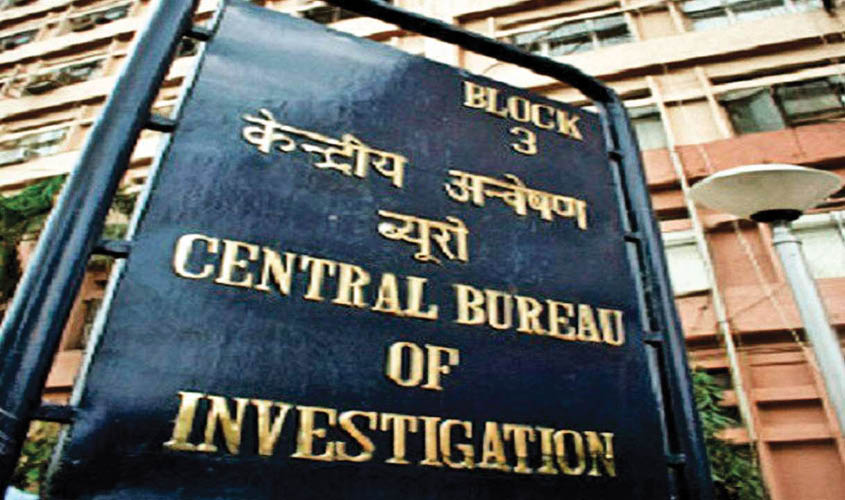As many as 26 officers of the Central Bureau of Investigation (CBI), the country’s premier investigating agency, are facing corruption charges in 28 cases, the agency has stated in a reply to an RTI filed by this correspondent.
The agency has also said that in the last four years, in eight corruption cases that were being heard against nine CBI officers, four ended in conviction, while in the rest of the four cases, the officers were acquitted.
This correspondent, in the RTI, had sought for the details of corruption cases pending against CBI officers. But the CBI refused to share the details of the cases, including the names of the officers and the details of the corruption cases being probed.
The issue of corruption within the agency is not a new one and had come to the fore when the CBI was forced to register a corruption case against one of its former directors, Ranjit Sinha, in 2017 for allegedly using his post to help the accused in the coal scam.
Similarly, a former director, A.P. Singh was booked by the agency for allegedly indulging in corruption. He was the chief of the CBI between 2010 and 2012 and handled crucial cases like the 2G scam and the Commonwealth Games scam. He was also in the news for his close links with controversial meat exporter Moin Qureshi.
In January this year, the Supreme Court expressed its displeasure at the speed with which the CBI was investigating the case against Ranjit Sinha.
In March 2016, the then CBI director, Anil Sinha had received an anonymous letter signed by an investigating officer (IO), saying that “huge amounts” of money were “exchanging hands” and “corrupt” senior officers were contaminating some probes. The letter also stated that senior officers in the agency were taking bribes from companies to fix cases after which they were putting pressure on IOs to “weaken” the cases where payoffs had been purportedly made.
The letter alleged that in one instance, despite the case being closed for investigation, it was reopened when the director of the company being investigated refused to pay the bribe. After an internal probe, the content of the letter, which had alleged 24 specific cases of corruption within the agency, was found to be true. However, no action was taken and the matter was “sorted” out.

